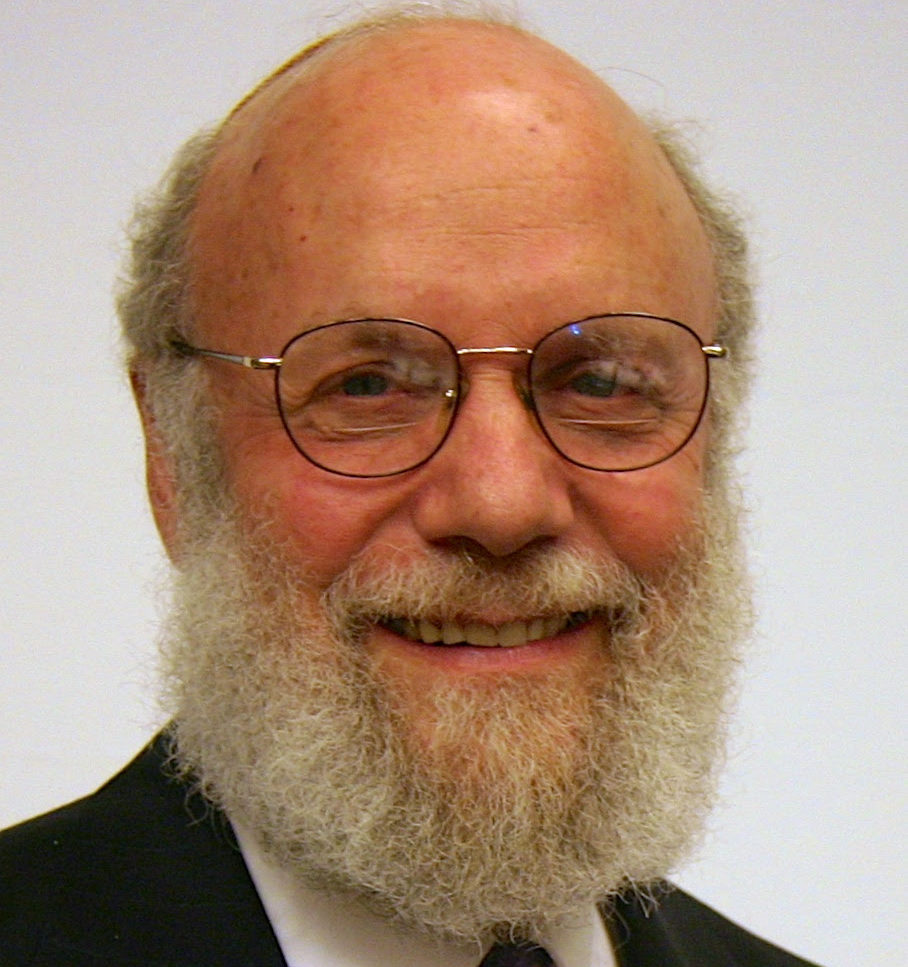In the militia headquarters in Odessa decades ago, I was surrounded by harsh interrogators who castigated my friend and me for visiting Russian Jews, who were aliens in their eyes. I felt anger and even hatred at these leaders and their many followers who had made Jewish life impossible for a large segment of our people. How could they lend support to such a blatantly unjust system of oppression? It felt as though we inhabited a different universe of values.
When working for justice for others, our commitment is premised on their human dignity that has been diminished. They, too, are created in the Image of God, a distinction deserving of every human right. Almost always the quest for greater justice pushes up against resistance by still other members of the human family who are vested in the status quo. Thus there are three parties: those denied justice, their advocates, and those who push back.
What does Torah require of us vis-a-vis the defenders of the status quo? How is their dignity factored into the calculus of working for justice? It is so easy and natural for strong feelings of anger, disgust, and worse against the opposition to grow in our hearts in the midst of struggle. How can they not be cognizant of the injustice they support? We can so easily become dismissive of them, ascribing to them at the very least an inferior moral sensibility.
Long ago in Egypt, as described in this week’s parashah, the quest for freedom for an enslaved people reached its climax. God was the liberator. At the sea, after the waters parted for our people, justice was done when legions of Egyptians drowned in pursuit. In the song celebrating liberation, the poet writes:
You stretched out Your right hand; the earth swallowed them. (Exodus:15:12)
On this seemingly small detail that, somehow within God’s act, the earth absorbed the remains , the Zohar suggests:
Even here justice was joined to compassion. For even though they (the Egyptian soldiers) were covered with water and died, afterwards the sea cast them out onto dry land. The Holy One Blessed be God wanted to guard their dignity, and they were buried in the soil…as it is written: “You stretched out Your right hand; the earth swallowed them.” Therefore even in a (time of) judgment there was mercy. (Zohar II 47b)
The Egyptian army was intent on inflicting grievous harm on the fleeing slaves. Intervention for the sake of justice was essential. Yet in the midst of the chaos of flight and God’s action, a small detail in the text suggests an intriguing insight about how the “enemy” was treated. In Jewish thought, burial in the earth is considered a central component of dignity accorded the human body after death. The bodies of the Egyptians could have been carried away by the waves and never recovered. Instead, God’s justice provided for interment in the earth, even for sworn enemies.
Perhaps most surprising is the later reflection on the Egyptians in the book of Deuteronomy:
Do not hate the Egyptian for you were strangers in his land. (23:8)
Even though historical memory was weighted down by centuries of oppression, the Torah searches for some redeeming quality for the Egyptians. Initially they had welcomed Jacob and his family, providing land, food, and shelter in a time of famine. They should not be hated.
What seems to be a key value even in times of war is surely a value in the quest for a more just society. Virtually every worthy social change will invoke resistance. The struggle may be passionate. Feelings in the course of a campaign may be angry, even hateful. The rabbinic tradition counsels holding onto the humanity of the other despite and beyond the conflict.
When I recall the tension in the room when we were being interrogated, I do remember feeling that the bond between captor and captive was sorely tested. Yet I try now to imagine meeting them again after history has taken such a dramatic turn for Jews in the Former Soviet Union. We were on opposite sides long ago, but I know that they are human beings, too. I believe we could find common cause and even work together for a more just world.
Sheldon Lewis is rabbi emeritus of Congregation Kol Emeth in Palo Alto, California.


